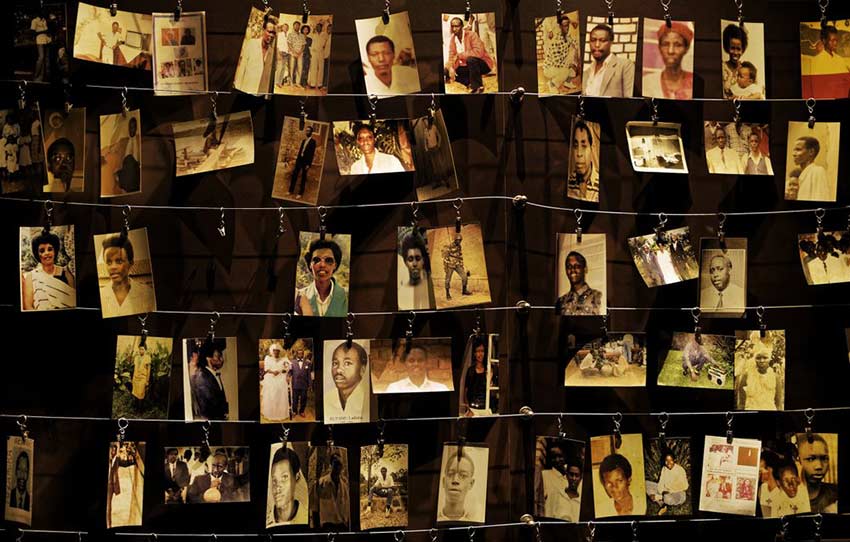The French government bears “significant” responsibility for “enabling a foreseeable genocide,” a report commissioned by the Rwandan government concludes about France’s role before and during the horror in which an estimated 800,000 people were slaughtered in 1994.
The report comes amid efforts by Rwanda to document the role of French authorities before, during, and after the genocide, part of the steps taken by France’s President Emmanuel Macron to improve relations with the central African country.

The 600-page report says that France “did nothing to stop” the massacres, in April and May 1994, and in the years after the genocide tried to cover up its role and even offered protection to some perpetrators.
It concludes that in years leading up to the genocide, former French President Francois Mitterrand and his administration had knowledge of preparations for the massacres – yet kept supporting the government of then-Rwandan President Juvénal Habyarimana despite the “warning signs.”
“The French government was neither blind nor unconscious about the foreseeable genocide,” the authors stress.
The Rwandan report comes less than a month after a French report, commissioned by Macron, concluded that French authorities had been “blind” to the preparations for genocide and then reacted too slowly to appreciate the extent of the killings and to respond to them. It concluded that France had “heavy and overwhelming responsibilities” by not responding to the drift that led to the slaughter that killed mainly ethnic Tutsis and the moderate Hutus who tried to protect them. Groups of extremist Hutus carried out the killings.
The two reports, with their extensive even if different details, could mark a turning point in relations between the two countries.
Rwanda, a small but strategic country of 13 million people, is “ready” for a “new relationship” with France, Rwanda’s Foreign Affairs Minister Vincent Biruta said.
“Maybe the most important thing in this process is that those two commissions have analyzed the historical facts, have analyzed the archives which were made available to them and have come to a common understanding of that past,” he said. “From there we can build this strong relationship.”